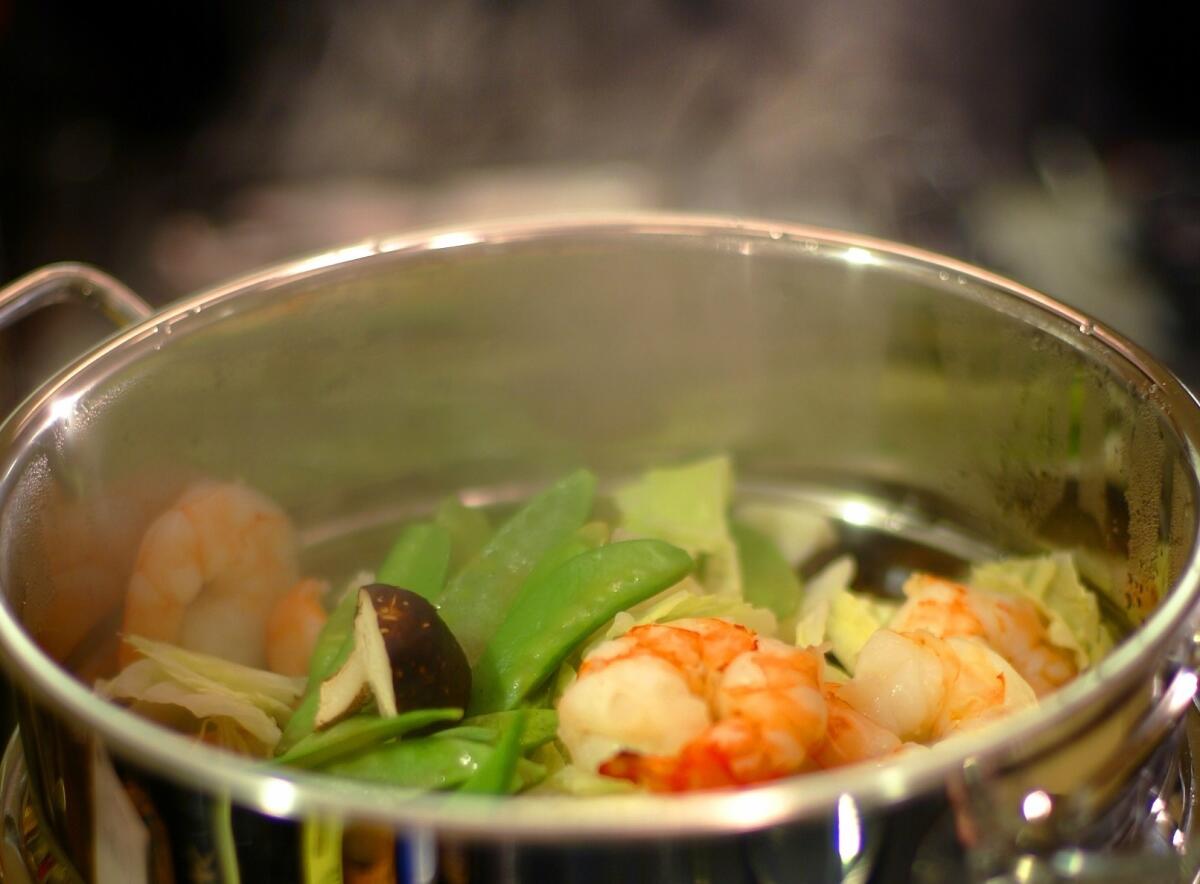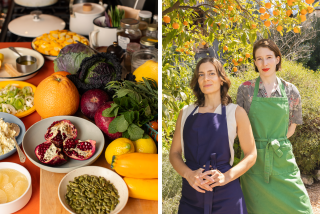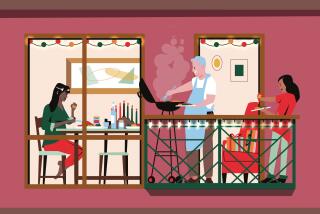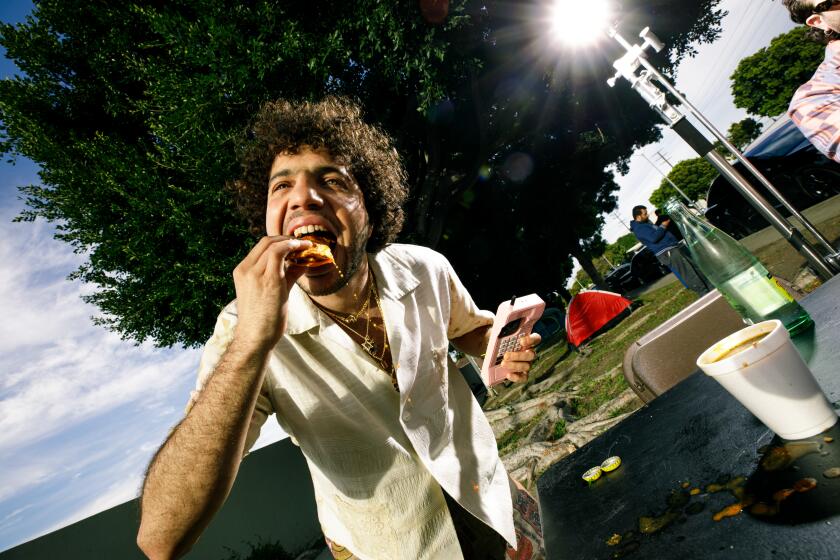Indulge your inner kitchen geek: Genuine Ideas is the place

Have you ever wanted to stick a thermocouple in a carrot and chart the rate at which it heats in a steamer, in a pot of boiling water and in a hot oven? Does the phrase “latent heat of condensation” fill your heart with joy?
Boy, are you in luck. Greg Blonder, who has a doctorate in physics from Harvard University and has worked for Bell Labs and AT&T (he invented their wrist telephone), has a really terrific blog called Genuine Ideas, and many of the articles focus on the details of kitchen physics and chemistry.
Among my favorites are a detailed discussion on wet vs. dry brining, the smoke ring effect in barbecuing, and the effect of a pizza stone on baking. As you might have guessed, Blonder goes fairly deep into most of his topics. But his explanations are thorough and, though somewhat technical, if you stick with them, your effort will be repaid.
He’s particularly good at deflating kitchen myths. For example, a series of experiments using pizza stones determined that many of their benefits we believe in are, in fact, lies. They don’t maintain an even temperature better than a plain cookie sheet and they don’t recover temperature any better either. They do diffuse the heat evenly, though.
In another experiment, he decided to test whether those aluminum “potato nails” you can buy in kitchenware stores do any good. They’re sold with the idea that putting a heat conductor through the center of the potato will speed up the cooking. He found that it did – kind of. In fact, it reduced cooking time by only 10%.
In his most recent cooking post, Blonder compared the rates at which food cooked when steamed, boiled and roasted. He tested with both a nylon rod and – because food is more complicated – a carrot. What he found was that steaming is much faster than roasting, but that boiling and steaming are almost exactly the same – time-wise, anyway.
Fascinating stuff and, who knows, a little knowledge might even make you a better cook.
Are you a food geek? Follow me on Twitter @russ_parsons1
More to Read
Eat your way across L.A.
Get our weekly Tasting Notes newsletter for reviews, news and more.
You may occasionally receive promotional content from the Los Angeles Times.







